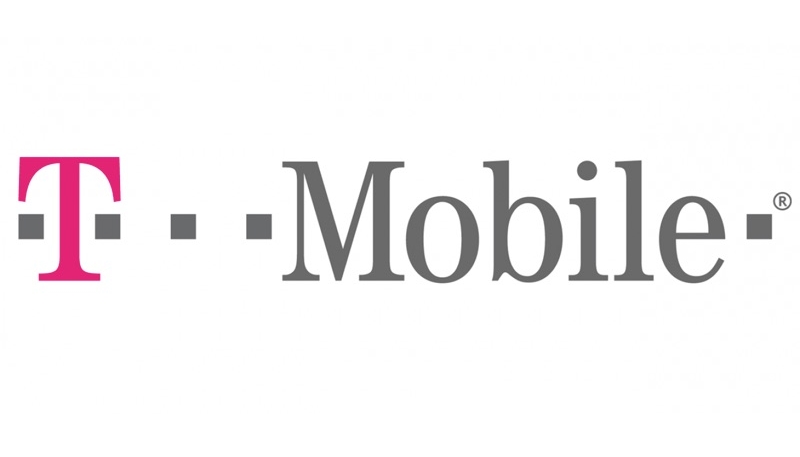T-Mobile today issued a statement providing additional details about a cyberattack on the company. The carrier confirmed that the data breach included the personal information of close to 50 million current, past, and potential customers.
The carrier says it will offer 2 years of free identity protection services from McAfee’s ID Theft Protection Service. Customers are encouraged to change their account’s PIN. The carrier will also implement an additional step to protect mobile accounts with Account Takeover Protection, and publish a new web page for information and solutions for customers to further protect themselves.
T-Mobile shared the following information:
- Late last week we were informed of claims made in an online forum that a bad actor had compromised T-Mobile systems. We immediately began an exhaustive investigation into these claims and brought in world-leading cybersecurity experts to help with our assessment.
- We then located and immediately closed the access point that we believe was used to illegally gain entry to our servers.
- Yesterday, we were able to verify that a subset of T-Mobile data had been accessed by unauthorized individuals. We also began coordination with law enforcement as our forensic investigation continued.
- While our investigation is still underway and we continue to learn additional details, we have now been able to confirm that the data stolen from our systems did include some personal information.
- We have no indication that the data contained in the stolen files included any customer financial information, credit card information, debit or other payment information.
- Some of the data accessed did include customers’ first and last names, date of birth, SSN, and driver’s license/ID information for a subset of current and former postpay customers and prospective T-Mobile customers.
- Our preliminary analysis is that approximately 7.8 million current T-Mobile postpaid customer accounts’ information appears to be contained in the stolen files, as well as just over 40 million records of former or prospective customers who had previously applied for credit with T-Mobile. Importantly, no phone numbers, account numbers, PINs, passwords, or financial information were compromised in any of these files of customers or prospective customers.
- As a result of this finding, we are taking immediate steps to help protect all of the individuals who may be at risk from this cyberattack. Communications will be issued shortly to customers outlining that T-Mobile is:
- Immediately offering 2 years of free identity protection services with McAfee’s ID Theft Protection Service.
- Recommending all T-Mobile postpaid customers proactively change their PIN by going online into their T-Mobile account or calling our Customer Care team by dialing 611 on your phone. This precaution is despite the fact that we have no knowledge that any postpaid account PINs were compromised.
- Offering an extra step to protect your mobile account with our Account Takeover Protection capabilities for postpaid customers, which makes it harder for customer accounts to be fraudulently ported out and stolen.
- Publishing a unique web page later on Wednesday for one-stop information and solutions to help customers take steps to further protect themselves.
- At this time, we have also been able to confirm approximately 850,000 active T-Mobile prepaid customer names, phone numbers, and account PINs were also exposed. We have already proactively reset ALL of the PINs on these accounts to help protect these customers, and we will be notifying accordingly right away. No Metro by T-Mobile, former Sprint prepaid, or Boost customers had their names or PINs exposed.
- We have also confirmed that there was some additional information from inactive prepaid accounts accessed through prepaid billing files. No customer financial information, credit card information, debit or other payment information, or SSN was in this inactive file.


